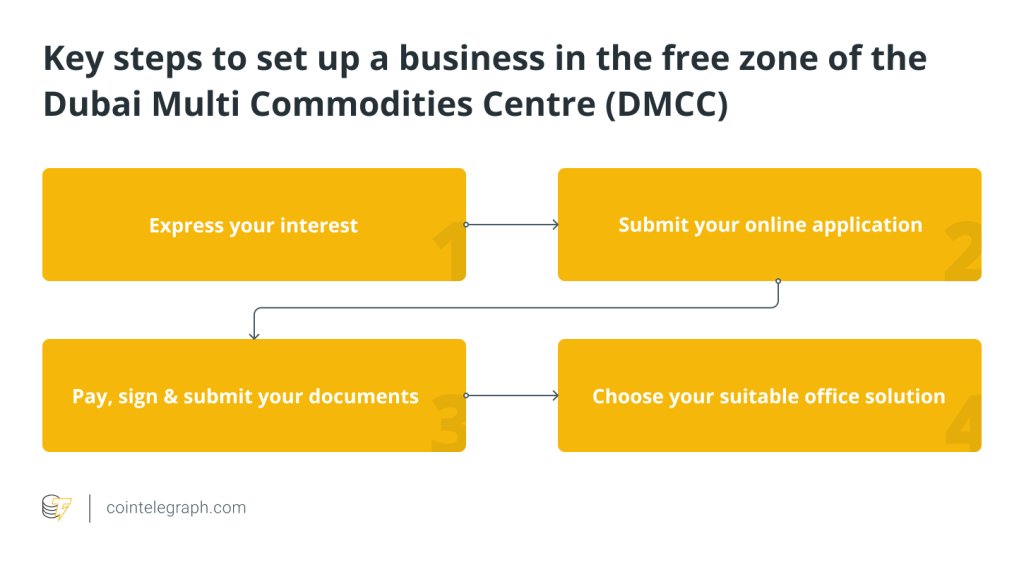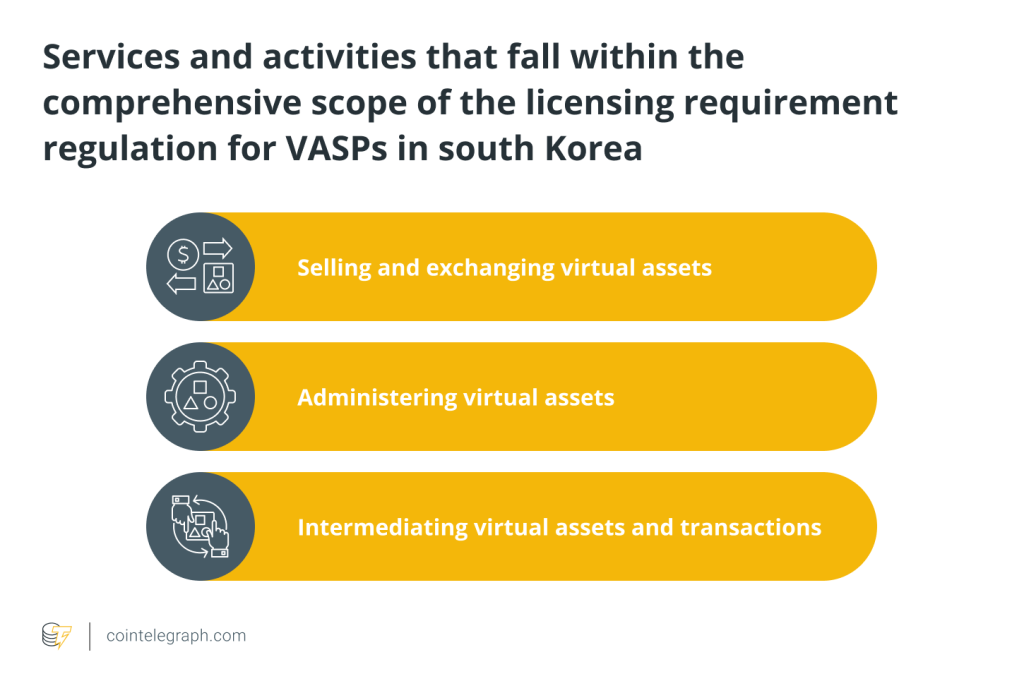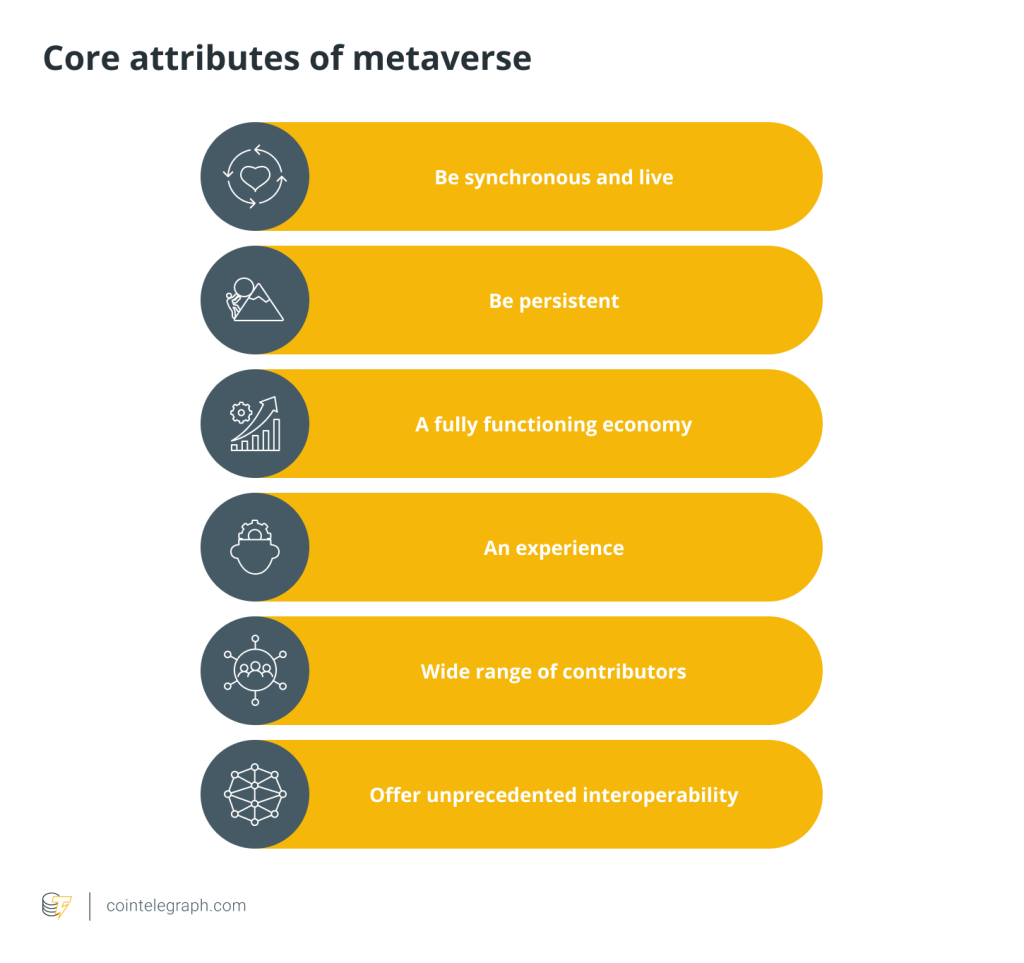Cryptocurrency regulation in the UAE and the Dubai Virtual Assets Law


Governments want to foster innovation and market growth but tend to be cautious about the potential misuse of cryptocurrencies for sanctions evasion, fraud, terrorist financing and money laundering. Ideally, cryptocurrency law and the regulation of virtual assets should have appropriate space for innovation and healthy competition while clamping down on illicit conduct.
This article outlines the legal and regulatory framework governing virtual assets such as cryptocurrencies in the United Arab Emirates (UAE) and in Dubai specifically. After exploring how cryptocurrency is regulated in the UAE and whether investing in cryptocurrency is legal in said jurisdiction, the article will also explore how cryptocurrency is taxed in Dubai, what the applicable legal framework for digital currencies and virtual assets is, and how to invest in Bitcoin (BTC) in Dubai.
Is cryptocurrency regulated in the UAE?
In the belief that virtual assets law can help diversify the economy and give an edge in the global market, the federal government of the UAE has given virtual assets the green light through a patchwork of crypto-friendly rules.
The legal situation in the UAE is rather complex. To understand if and how cryptocurrency is regulated in the UAE, it is essential to grasp that seven emirates (Abu Dhabi, Dubai, Sharjah, Ajman, Umm Al-Quwain, Fujairah, and Ras Al Khaimah) together constitute the UAE. Each emirate has its regulations in areas where there is no federal law. Besides, the UAE has four judicial authorities, including Abu Dhabi, Dubai and Ras Al Khaimah and the Federal judicial authority.
The Central Bank of the UAE (CBUAE) and the Securities and Commodities Authority (SCA) generally govern the monetary and capital markets. Yet, sometimes, other institutions enjoy regulatory power for the financial and capital markets. Indeed, the Dubai Financial Services Authority (DFSA) is the regulator in the Dubai International Financial Centre (DIFC) zone. At the same time, the Financial Services Regulatory Authority (FSRA) is the regulator in the Abu Dhabi Global Market (ADGM) zone.
Looking at the UAE’s evolution more broadly in the light of the regulation of cryptocurrencies, it is essential to mention that the CBUAE did start regulating cryptocurrencies in 2017. The 2017 law stated that all transactions involving these digital assets were to be made through authorized exchanges and had to comply with Anti-Money Laundering regulations set by the CBUAE. One can observe a regulatory focus on using virtual assets for illicit purposes.
Interestingly enough, in 2018, the UAE’s government in the capital of Abu Dhabi set up a committee to study cryptocurrencies and their implications on the broader economy. The committee concluded that cryptocurrency does not threaten UAE’s financial stability or economic system. Instead, it was noted that cryptocurrency could be used as an opportunity for economic diversification and growth if adequately regulated by law. Efforts to introduce such laws have since then been enacted, both at the federal and individual emirate levels.
Is investing in crypto legal in the UAE?
The SCA issued a regulation on crypto assets at the federal level in 2020. The SCA’s Decision No. 23 of 2020 concerning Crypto Assets Activities Regulation (CAAR) regulates the offering, issuing, listing and trading of crypto assets in onshore UAE, including initial coin offerings (ICOs), exchanges, marketplaces, virtual asset platforms, custodian services and related financial services based upon or leveraging crypto assets.
The CAAR lays down standards and requirements for a wide range of market participants like issuers of securities, investors, custodians, crypto trading platforms and other players. Notably, the framework covers security and derivative tokens. Hence, digital assets regulated by the CBUAE, such as fiat currencies, virtual currencies and digital currencies, are not within the scope of CAAR. Moreover, the CBUAE has not licensed cryptocurrencies or recognized them as legal tenders, while the CAAR does not cover said assets.
One could thus hold that UAE cryptocurrency investors are encountering a regulatory vacuum to the legality of their activities. However, that seems different. The SCA will likely issue another consultation in 2022 for tokens not yet covered by the CAAR regulation. Besides, the CBUAE implicitly stated that investing in cryptocurrencies is not illegal.
With cryptocurrency and crypto asset activities being implicitly and explicitly regulated in the UAE, there are no prohibitions against cryptocurrencies. UAE citizens can thus own cryptocurrencies, trade on exchanges, and invest in them. Those with residency in the various emirates may also own and invest in cryptocurrencies, as outlined below in the case of Dubai.
Interestingly, the UAE has maintained a favorable environment for its digital asset industry growth via its UAE Blockchain Strategy 2021. Moreover, with its relaxed regulatory approach, the UAE successfully attracts cryptocurrency firms to boost its economy. Indeed, the UAE is one of the most progressive countries for its cryptocurrency industry and is a sought-after place for businesses.
While virtual asset regulation was thus largely absent in the UAE a few years ago, regulatory efforts in the form of CAAR and the favorable attitude of the CBUAE show that the UAE is keen to tap into the new industry. More progressive regulations on cryptocurrencies have recently been issued in various emirates. The emirate of Dubai’s recent enactment of its Virtual Assets Law is illustrative hereto.
Virtual Assets Law in Dubai
Dubai is a country that has significantly evolved in both adopting new technologies like blockchain and in its cryptocurrency law. With this in mind, it is not surprising that the Emirate of Dubai adopted a new direction in 2022 designed to clarify precisely how Dubai regulates cryptocurrency and digital assets. The Virtual Assets Law handles all transactions involving virtual currencies and digital tokens within the Emirate of Dubai, including cryptocurrencies such as BTC.
Law No. 4 of 2022 on the Regulation of Virtual Assets in the Emirate of Dubai, the Virtual Assets Law, is a meaningful legislative exercise. The Virtual Assets Law applies to virtual asset services provided throughout the Emirate of Dubai and Dubai’s special development and free zones, except for the Dubai International Finance Centre (DIFC). While the law follows a unique concept, how it will be enforced remains to be seen.
The law proposes legal definitions for digital assets. It establishes a licensing regime and lays out penalties there where companies overstep. Importantly, it defines virtual assets broadly, implying that cryptocurrencies, tokens and nonfungible tokens (NFTs) fall under its scope. This new legislation is expected to improve clarity for traders and investors by requiring them to reveal their identities and financial information when trading cryptocurrencies, ensuring that said currencies are not used for money laundering purposes.
The Virtual Assets Law also gave rise to the Dubai Virtual Assets Regulatory Authority (VARA). VARA is an independent regulator tasked with regulating, governance, and licensing cryptocurrencies, NFTs and other virtual assets in Dubai. According to the Virtual Assets Law, the VARA has many objectives and features.
First, the VARA aims to promote Dubai’s position as a regional and international destination in the virtual assets sphere. In that light, the VARA seeks to enhance investor understanding of the virtual assets sector and attract investment and companies operating in virtual assets to establish themselves in Dubai.
Moreover, the VARA provides the regulations, rules and standards necessary to regulate, supervise and control all concerns related to virtual assets. For instance, the VARA may take actions, including suspending the issuance of authorizations and suspending the activities of any virtual asset service provider. In cooperation with the CBUAE, the VARA may also implement measures to ensure the protection and stability of the financial system.
How can you invest in BTC in Dubai?
Under Dubai law, BTC, crypto assets and NFTs are all virtual assets. It is important to note that the Virtual Assets Law defines virtual assets as a “digital representation of value that may be digitally traded, transferred, or used as an exchange or payment tool, or for investment purposes.”
As noted, the Virtual Assets Law has put the VARA in control of regulating, supervising and overseeing virtual asset services. Indeed, the VARA may classify and determine virtual assets and prescribe the standards and rules for trading in them. If one wants to invest in BTC through a centralized exchange, one must thus check whether the exchange and the virtual asset one wishes to trade are in line with the regulatory standards set by the VARA.
Moreover, virtual asset platform operation and management services are also subject to the Virtual Asset Law. Virtual asset platforms need a prior permit from VARA to operate. Any services related to safekeeping, management or control services of virtual assets, virtual assets wallets and trading in virtual tokens also need permits from the VARA. Ex post, VARA thus has oversight over all these services and can suspend or cease the dealing in a virtual asset such as BTC.
In addition to the permit and oversight by the VARA, the rules require platform operators to obtain the appropriate license from the commercial licensing authority in the Emirates. Those wanting to invest in BTC in Dubai via a centralized exchange must use a (local or international) exchange with the correct license, such as Palmex or BitOasis, which are both based in Dubai. Centralized exchange Binance was also granted a Virtual Asset License from the VARA in 2022.
Is cryptocurrency taxed in Dubai?
Dubai has been at the vanguard of crypto-friendly legislation, not in the last place concerning taxes and attracting foreign investments. First, tax residents in Dubai enjoy zero percent taxes on capital gains, business income and salary. Cryptocurrency is treated like any other property regarding tax laws in Dubai; hence, investors are excused from paying taxes on cryptocurrency profits. To become a resident in Dubai, one may register a company in one of Dubai’s Free Zones.
It is interesting to mention the Dubai International Financial Centre (DIFC), a financial-free zone established in the early 2000s to provide businesses with financial and banking facilities and services. Crucially, the DIFC has taken a long-time progressive perspective on virtual assets. Readily in 2017, the DIFC issued guidelines for cryptocurrency exchanges and ICOs, ultimately seeking to attract businesses. The emirate’s free trade zone has its own legal system and courts. In 2022 DIFC’s regulations have been augmented and extended to all tokens recognized in the zone.
Likewise, the Dubai Multi Commodities Centre (DMCC) has launched a crypto valley to further enhance Dubai’s digital asset business environment. The DMCC’s free zone aims to attract cryptocurrency investors and entrepreneurs through zero personal and corporate income tax, alongside offering its members the opportunity to forward all yields without limitation.

Dubai’s free zones, including the two mentioned above, help spur foreign investments and enhance the country’s standing as a leading global center for business, trade and technology. Interestingly, with the takeoff of its crypto valleys, Dubai joins the league of other nations, such as Switzerland with its Crypto Valley.
Written by Alexandra Overgaag.






… [Trackback]
[…] Info to that Topic: x.superex.com/academys/beginner/2373/ […]
… [Trackback]
[…] There you can find 95012 additional Info on that Topic: x.superex.com/academys/beginner/2373/ […]
… [Trackback]
[…] Find More on to that Topic: x.superex.com/academys/beginner/2373/ […]
… [Trackback]
[…] Read More on on that Topic: x.superex.com/academys/beginner/2373/ […]
… [Trackback]
[…] Find More here on that Topic: x.superex.com/academys/beginner/2373/ […]
… [Trackback]
[…] Info to that Topic: x.superex.com/academys/beginner/2373/ […]
… [Trackback]
[…] Here you can find 32374 additional Information on that Topic: x.superex.com/academys/beginner/2373/ […]
… [Trackback]
[…] There you will find 716 more Information to that Topic: x.superex.com/academys/beginner/2373/ […]
… [Trackback]
[…] Read More on that Topic: x.superex.com/academys/beginner/2373/ […]
… [Trackback]
[…] Find More here on that Topic: x.superex.com/academys/beginner/2373/ […]
… [Trackback]
[…] Find More to that Topic: x.superex.com/academys/beginner/2373/ […]
… [Trackback]
[…] Find More on on that Topic: x.superex.com/academys/beginner/2373/ […]
… [Trackback]
[…] There you can find 31803 more Information on that Topic: x.superex.com/academys/beginner/2373/ […]
… [Trackback]
[…] Read More here on that Topic: x.superex.com/academys/beginner/2373/ […]
… [Trackback]
[…] Here you will find 70497 more Info to that Topic: x.superex.com/academys/beginner/2373/ […]
… [Trackback]
[…] There you can find 75415 more Info to that Topic: x.superex.com/academys/beginner/2373/ […]
… [Trackback]
[…] Info on that Topic: x.superex.com/academys/beginner/2373/ […]
… [Trackback]
[…] Read More Information here to that Topic: x.superex.com/academys/beginner/2373/ […]
… [Trackback]
[…] There you will find 57566 more Info on that Topic: x.superex.com/academys/beginner/2373/ […]
… [Trackback]
[…] Info on that Topic: x.superex.com/academys/beginner/2373/ […]
… [Trackback]
[…] Find More Info here on that Topic: x.superex.com/academys/beginner/2373/ […]
… [Trackback]
[…] There you can find 3491 more Info to that Topic: x.superex.com/academys/beginner/2373/ […]
… [Trackback]
[…] Read More Information here on that Topic: x.superex.com/academys/beginner/2373/ […]
… [Trackback]
[…] There you will find 47608 additional Info to that Topic: x.superex.com/academys/beginner/2373/ […]
… [Trackback]
[…] Find More here on that Topic: x.superex.com/academys/beginner/2373/ […]
… [Trackback]
[…] Information on that Topic: x.superex.com/academys/beginner/2373/ […]
… [Trackback]
[…] Here you will find 88886 more Info to that Topic: x.superex.com/academys/beginner/2373/ […]